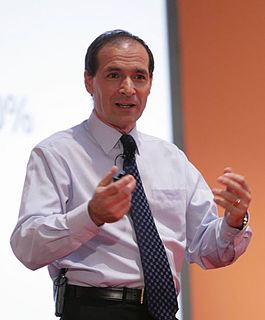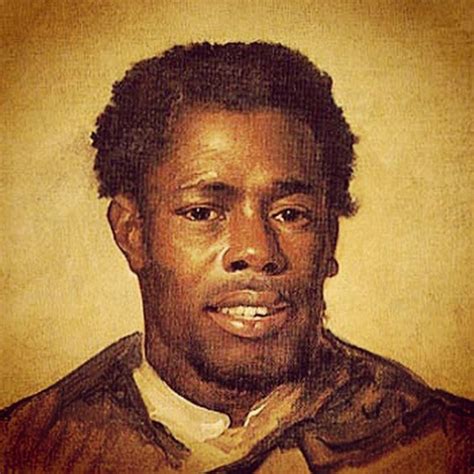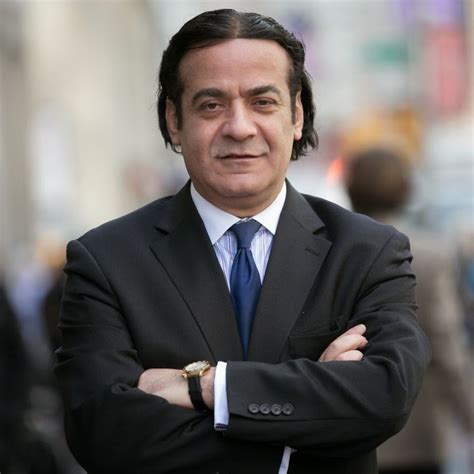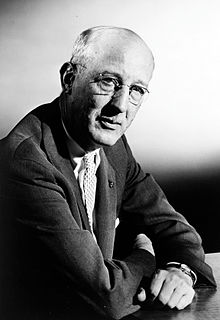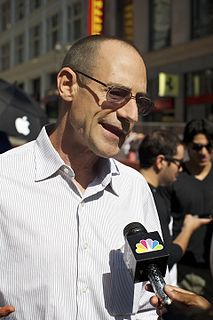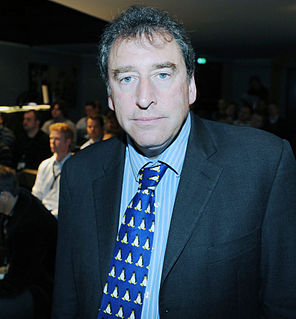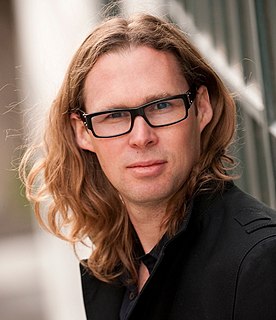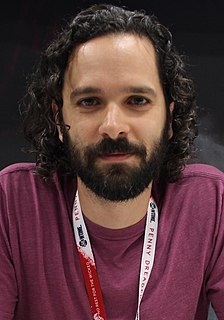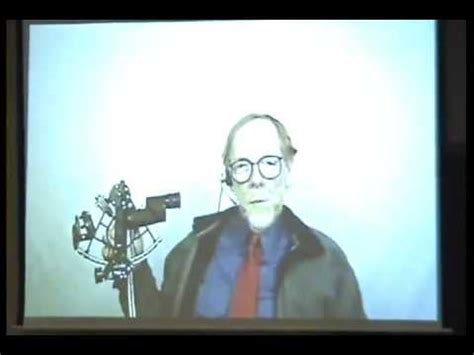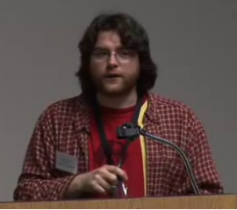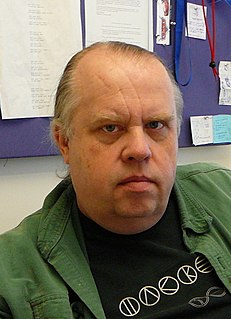A Quote by Douglas Crockford
People who should be the first to recognize the value of an innovation are often the last.
Quote Topics
Related Quotes
Innovation is a subset of creativity. Innovation often deals with product launches and is often relegated to the C-suite or to heads of R&D departments. Innovation requires creativity, but creativity is something that is much more broad. It applies to people at all levels of an organization. Today, we all are responsible for delivering "everyday creativity". Small creative acts that add up to big things.
The paramount doctrine of the economic and technological euphoria of recent decades has been that everything depends on innovation. It was understood as desirable, and even necessary, that we should go on and on from one technological innovation to the next, which would cause the economy to "grow" and make everything better and better. This of course implied at every point a hatred of the past, of all things inherited and free. All things superceded in our progress of innovations, whatever their value might have been, were discounted as of no value at all.
I heard a loud noise in the heavens, and the Spirit instantly appeared to me and said the Serpent was loosened, and Christ had laid down the yoke he had borne for the sins of men, and that I should take it on and fight against the Serpent, for the time was fast approaching when the first should be last and the last should be first.
Is it not manifest that our academic institutions should have a wider scope; that they should not be timid and keep the ruts of the last generation, but that wise men thinking for themselves and heartily seeking the good of mankind, and counting the cost of innovation, should dare to arouse the young to a just and heroic life; that the moral nature should be addressed in the school-room, and children should be treated as the high-born candidates of truth and virtue?
In every company which I have done strategic planning, the number-one value people choose is always integrity. The second values may be quality of products and services, caring about people, excellent customer service, profitability , innovation, entrepreneurship, and others. But integrity always comes first.


